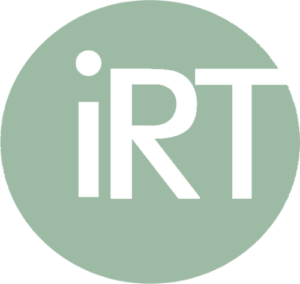Project SUCCESS (Schools Using Coordinated Community Efforts to Strengthen Students) is designed to prevent and reduce substance use among students 12 to 18 years of age. The four-part program includes education about substance use and consequences, school-wide activities to change social norms about substance use, a parent education component, and individual and group counseling for students and parents.
Project Northland
Project Northland is a school- and community-based multilevel prevention program for adolescents in grades 6-8. Lesson content involves students, peers, parents, and community members with home-based curriculum for families and peer- and teacher-led curriculum in the classroom. Student-parent homework assignments, in-class discussions, skills training, and role-plays, and community-based projects comprise the program. The overall goals are to delay the age at which adolescents begin driving, reduce alcohol use among those already drinking, and limit the number of alcohol-related problems among young drinkers.
Project ALERT
Project ALERT is a school-based, multimedia prevention program for middle school students that focuses on alcohol, tobacco, and marijuana use. Lesson content focuses on helping students understand the consequences of drug use, recognize the benefits of nonuse, build norms against use, and identify and resist pro-drug pressures. Students engage in small-group activities, http://legacy.nreppadmin.net/ViewIntervention.aspx?id=62 new skills. The overall goals are abstinence from substance use, improved refusal skills, and changed attitudes about alcohol, tobacco, and marijuana use.
PRIME For Life
PRIME for Life (PFL) is a motivational intervention for adults, and has been used primarily among court-referred impaired driving offenders. Trained instructors use multimedia, guided instruction, and motivational interviewing techniques to increase participant motivation to change their perceptions of the risks of drug and alcohol use. The overall goals are to reduce risk of alcoholism or addiction, reduce intention to use substances, and reduce substance use-related crimes or delinquency.
PALS: Prevention through Alternative Learning Styles
Prevention through Alternative Learning Styles (PALS) is a school-based prevention program for middle school students. Teachers or PALS staff members lead students through five units, presented in ten lessons, which cover the following topics: learning styles and differences, effects of alcohol, tobacco, and drugs on the brain and body, peer pressure, and healthy choices. A supplemental website provides additional lessons and a peer mentoring program with interaction games and presentations. The overall goals are (1) reducing intentions to use substances, (2) increasing students’ use of refusal skills, and (3) enhancing students’ knowledge of the effects of ATOD, peer pressure and healthy decision-making, and different learning styles.
Creating Lasting Family Connections
Creating Lasting Family Connections (CLFC) is a substance use prevention program that can be used in school or community settings. It is designed for youth ages 9 to 17 and their families, who complete six modules of curriculum over 18-20 weekly sessions. Trainers cover topics such as ATOD education/awareness, communication and conflict resolution skills, coping mechanisms to resist negative social influences, encouraging use of community services, and delaying the onset and reducing the frequency of alcohol and other drug use among youth. Participants may be referred to community services as appropriate. The overall goal is to increase family use of community services, change knowledge and beliefs about alcohol and drug use, and promote abstinence.
